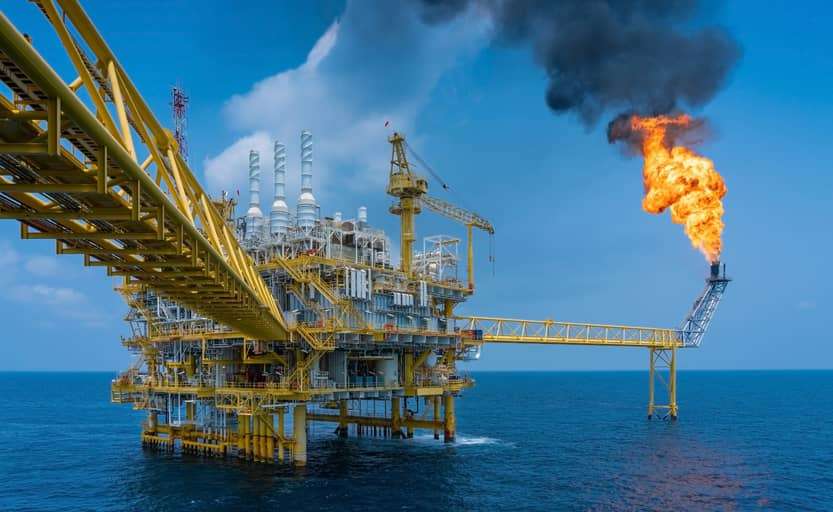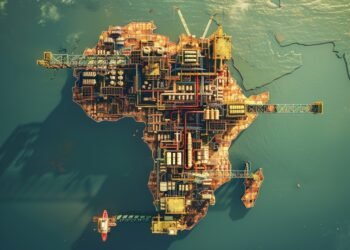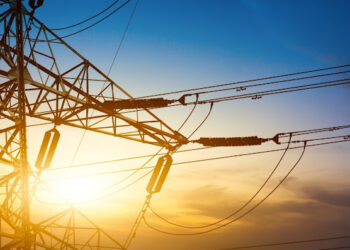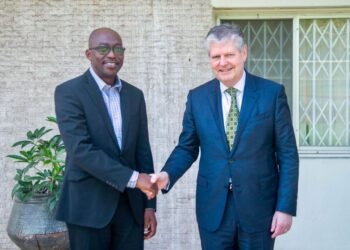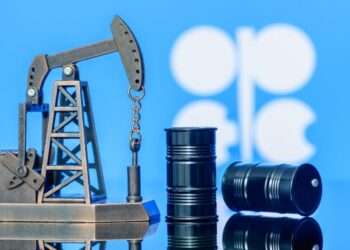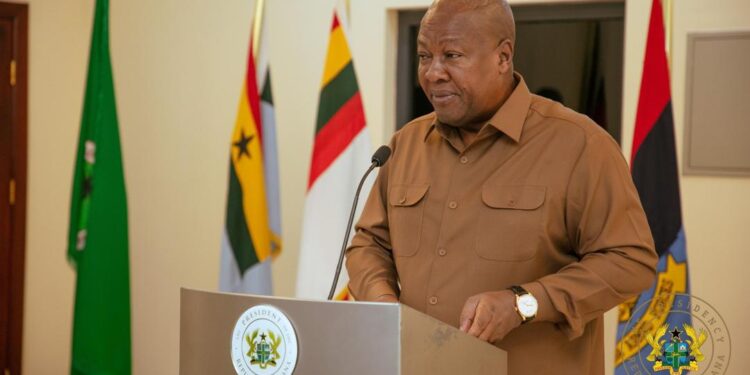Dr Yussif Sulemana, an energy expert and senior oil production specialist at Petroleum Development of Oman, has advised the government not to kowtow to the ‘forced’ energy demands of developed economies which they simply cannot accommodate.
The energy expert said transitioning to renewable energy is no doubt, important in the future energy economy as it relates to cutting down carbon emissions, but doing so in a way that is detrimental to the country’s energy security is unsustainable and has dire consequences to the country.
“What is the use of boasting about your percentage score in ESG of 100%, 90%… when your people are dying of energy poverty. There is a thin line here: if you over embrace ESGs to the detriment of your development in the world of hydrocarbons you are bound to suffer energy poverty… once you champion energy transition don’t let it affect where you have strategic advantage.”
Dr Sulemana
Not too far-fetched, “the champions of energy transition and green energy, who are the forerunners at this moment is the West, [and they] are now struggling just after Russia started to cut gas. It means that their energy transition that they championed previously was relying on Russian gas. After Russian gas started to dwindle, they are now stuck in a serious energy crisis.”
“Those are even the advanced world. So, a developing nation will have to champion this strategically and they shouldn’t let anybody force some policies they themselves are not able to accommodate.”
Dr Sulemana

Only last month, the EU parliament voted to classify investments in natural gas and nuclear energy as ‘green’ and this has been the case because of the continent’s energy security currently hanging in the balance while also playing the poverty card (i.e. some EU countries becoming energy-poor).
Dr Sulemana, therefore pointed out that green energies have yet to even support the West in their industrialization, not to talk about developing nations.
“We have to be calculative… think about where our strategic advantage lies and depend on that. Until we come back and develop our homegrown policies that will help be self-sufficient in terms of our energy needs and requirements: where we develop our downstream by having refineries, where we will make sure we invest in our own portfolio…”
Dr Sulemana
Ghana’s Energy Woes
He made these remarks in reaction to FOX News Tucker Carlson’s assessment of Ghana’s energy situation last week. Tuckson said electricity outages last year and more recent power, water and food shortages in parts of Ghana are a direct result of actions Ghana has taken to limit its emissions, particularly in its agricultural sector.
Carlson suggested that countries like Ghana are adopting green policies, not just under pressure from elites, but under duress. That is, they are driven by the need for a high ESG score, without which the country would lose valuable investment from financial institutions:
“Everything that has happened in Ghana, Sri Lanka and the Netherlands is happening at the behest not simply of idealogues but by some of the largest financial institutions in the world…they want more of this. It is why Ghana has achieved a near perfect ESG…score of 97.7.”
Carlson
ESG, which stands for Environmental, Social, and Governance, describes criteria that companies, and in this case countries, can meet by developing initiatives and disclosures to appear responsive to environmental concerns and other pressing social issues.
For countries that are unable to meet these criteria, investments from financial institutions which consider environmental and social metrics in their decision making process are curtailed.
According to Carlson, these disastrous results, sound a warning that while America’s ESG score (which is actually the emissions index score) is low at 58, that could change if Biden is allowed to end fossil fuels, cautioning, “Fossil fuels are the only thing that stands between the United States becoming Ghana.”
READ ALSO: Ecobank Ghana Drags Index into Red

